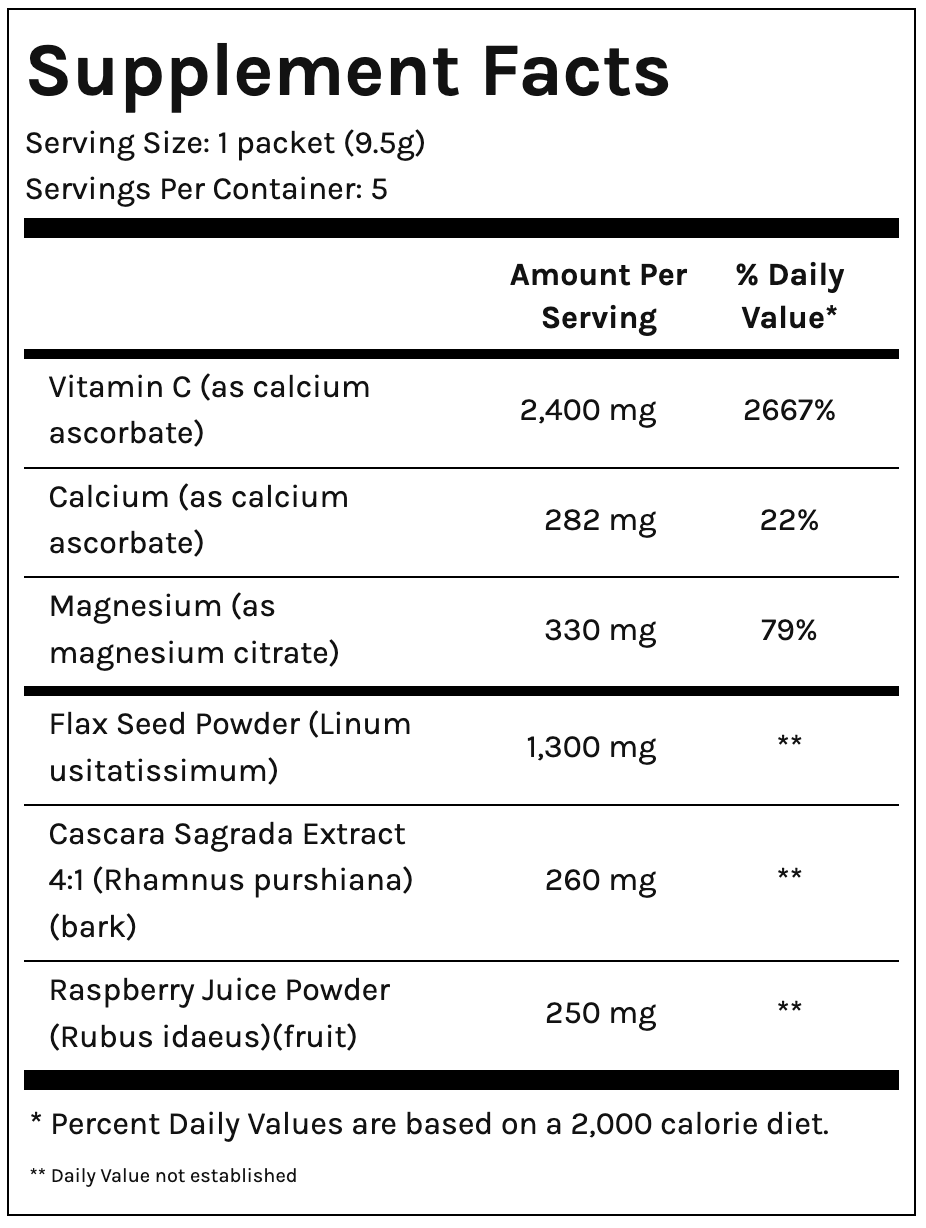Adopting a gluten-free diet can bring numerous health benefits, particularly for those with gluten sensitivity or celiac disease. Gluten, a protein found in wheat, barley, and rye, can cause inflammation and damage to the small intestine in individuals with celiac disease, leading to a host of symptoms including bloating, diarrhea, constipation, and fatigue. By eliminating gluten from their diet, these individuals can experience significant improvements in their gut health, allowing their intestines to heal and nutrient absorption to normalize. For those with non-celiac gluten sensitivity, avoiding gluten can also alleviate digestive discomfort and reduce inflammation, leading to a healthier gut and overall improved well-being.
A gluten-free diet can contribute to better digestive health even for those without gluten-related disorders. Many gluten-free foods, such as fruits, vegetables, lean proteins, and gluten-free grains like quinoa and rice, are naturally rich in fiber, vitamins, and minerals that support a healthy digestive system. Increasing the intake of these nutrient-dense foods can enhance gut flora diversity, improve bowel regularity, and reduce the risk of gastrointestinal issues. Moreover, a gluten-free diet often encourages individuals to be more mindful of their food choices, leading to healthier eating habits and a more balanced diet.
 However, it's important to approach a gluten-free diet with care. Some processed gluten-free products can be high in sugars and unhealthy fats, which might negate the potential health benefits. Focusing on whole, minimally processed foods and ensuring a balanced intake of all necessary nutrients is key to reaping the advantages of a gluten-free lifestyle. Consulting with a healthcare professional or a dietitian can provide personalized guidance and ensure that the transition to a gluten-free diet is both safe and beneficial.
However, it's important to approach a gluten-free diet with care. Some processed gluten-free products can be high in sugars and unhealthy fats, which might negate the potential health benefits. Focusing on whole, minimally processed foods and ensuring a balanced intake of all necessary nutrients is key to reaping the advantages of a gluten-free lifestyle. Consulting with a healthcare professional or a dietitian can provide personalized guidance and ensure that the transition to a gluten-free diet is both safe and beneficial.
Going gluten-free can offer significant health benefits, particularly for gut health. Whether it's managing the symptoms of celiac disease, reducing gluten sensitivity, or simply promoting a healthier digestive system through a nutrient-rich diet, eliminating gluten can be a positive step towards better overall health. By making informed food choices and focusing on whole, nutritious foods, individuals can enjoy the advantages of a gluten-free lifestyle and support their digestive well-being.
Meet Liz Hall, former flight attendant and founder of eeze Natural Health, who knows firsthand the struggles of maintaining gut health while traveling. Drawing from her own experiences, she created Travel-eeze, a natural supplement expertly formulated to relieve traveler’s constipation and support healthy digestion on the go. Whether your jet-setting around the world or embarking on a weekend road trip, Travel-eeze is your must-have travel companion. Stay comfortable and energized throughout your journey! Keep an eye out for Travel-eeze in your favorite travel kits and hotel minibars soon—don’t let travel hold you back!




